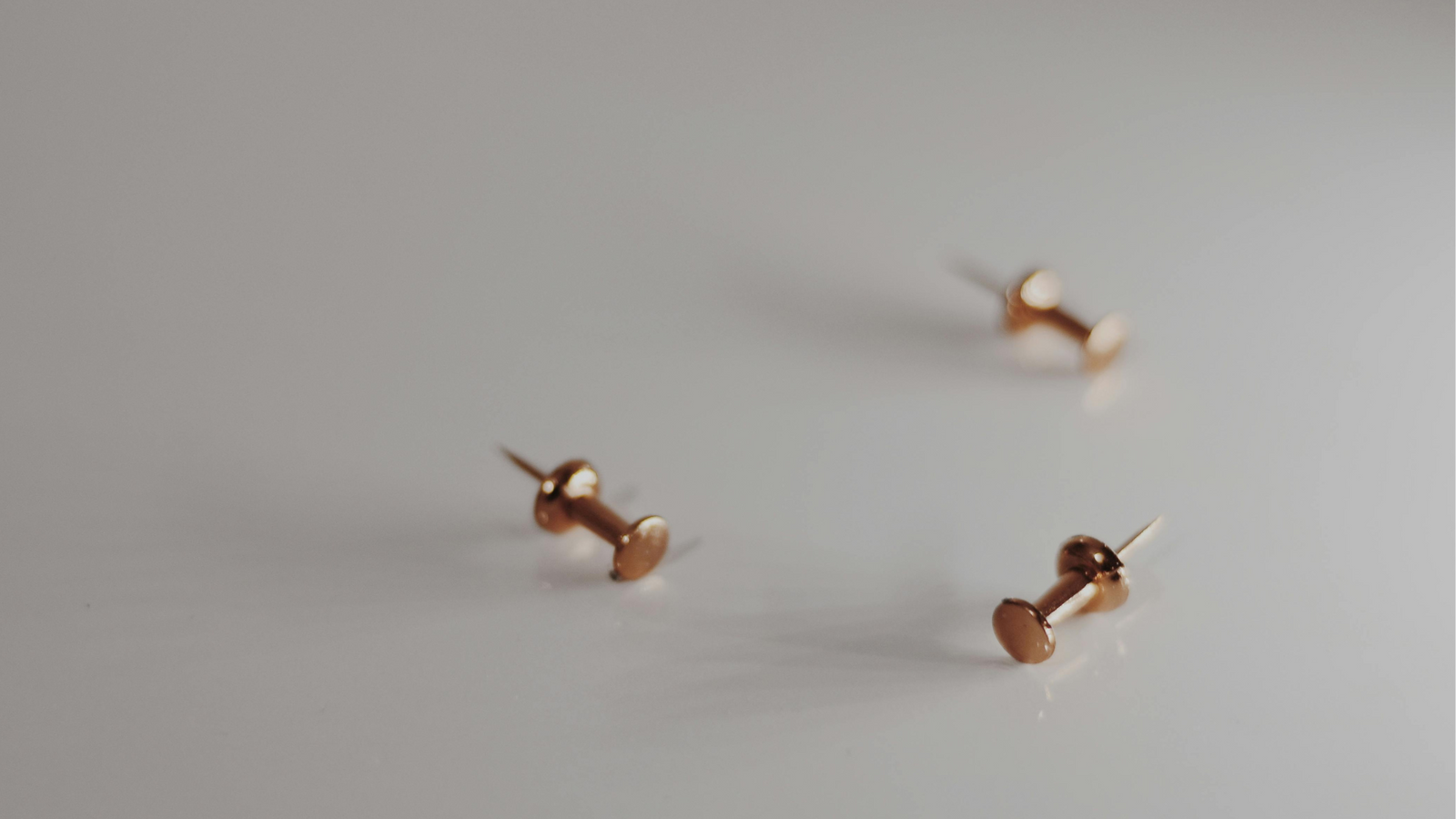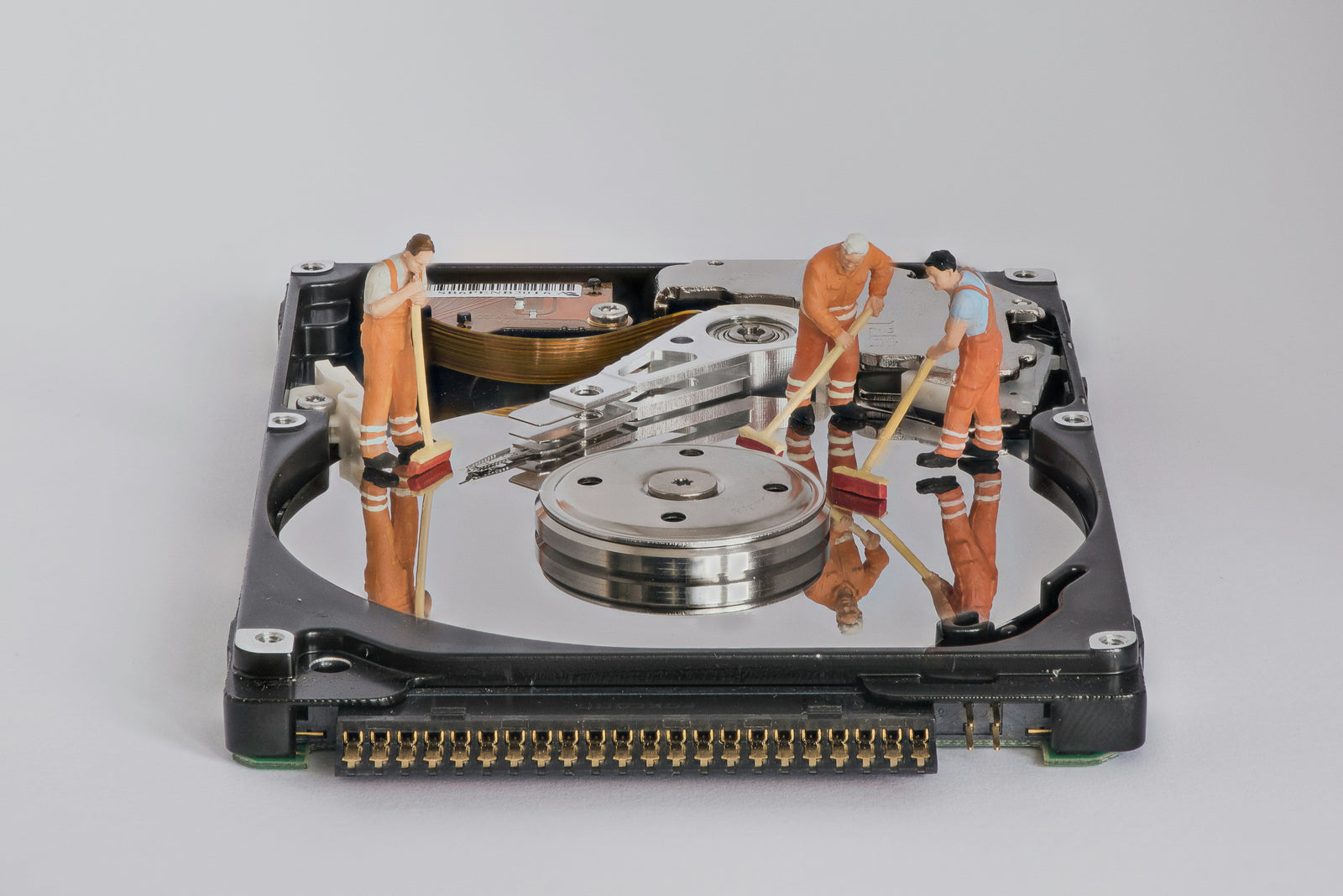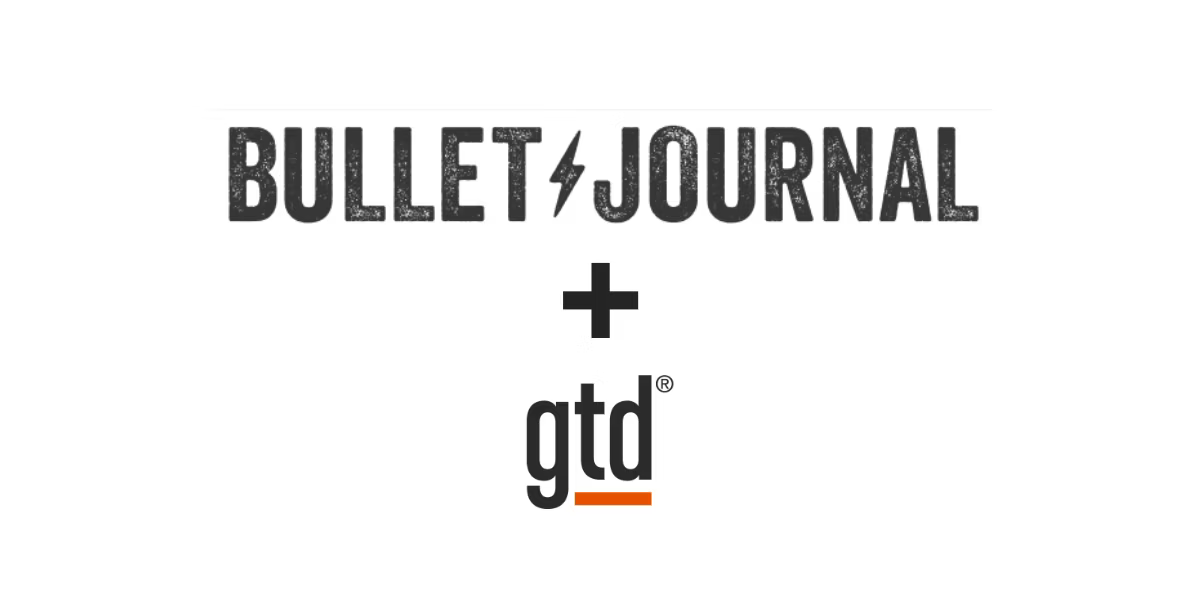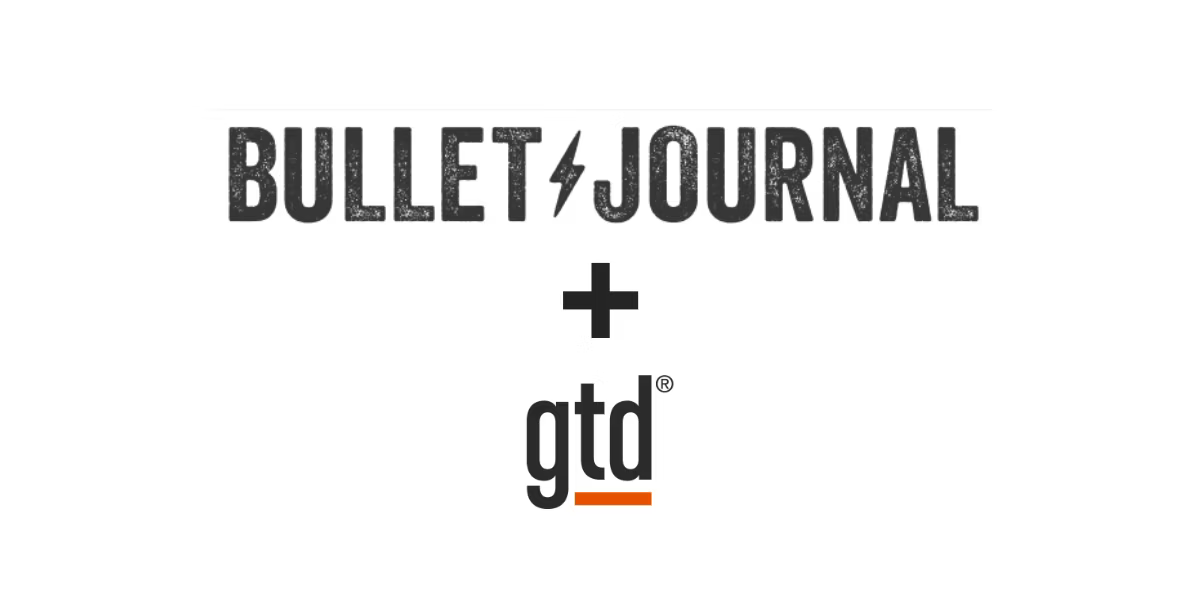This article first appeared on the Weekly Newsletter.
There’s a saying that hell is meeting the person you could have been after you die. Guilt blooms in the gap between who we think we are and who we should be. It’s often felt after brief joys fade. It’s felt in the dis-ease after the burger, binge, partying, smoke, doom scroll. We know we could do better. We even know how to do better. Knowing what to do though is not the problem, rather, it’s acting on what you know.
When I was looking to change my own behaviors, I turned to apps. They promise to make things simple and fun. With just a few taps, you create a clean map toward your ideal self. Along the way, your effort is rewarded with satisfying animations. You’re showered with encouraging notifications one small step a time.
At first, I found this clever and motivating. Before long though, all these good behaviors transformed guilt into shame.
Because it was so easy to add good habits, I did. Lots of them! Without even knowing it, I had become a habit hoarder. I’d committed to so many tiny habits that it made it impossible to do them all consistently. Now my habit tracker was simply tracking all my broken commitments… and sending me regular chirpy reminders about how I was falling short.
Many of the habits I wished to develop were already shame-based. I should eat like this, exercise like that. Where was all this coming from? Comparison.
The first comparison is myself to others. Because in addition to serving up humanity's worst, social media also serves up its best. There’s a never-ending stream of the most kind, loving, brilliant, beautiful, fit, disciplined, helpful, generous people sharing their stories online. Many happily telling you exactly how they got there. It’s compelling because most are doing objectively good things that have massively improved their life. Ahem. Why would we not want to behave like them? Why not just add a few of those tiny habits to our tracker?
Because it won’t work.
The flaw with habit trackers isn’t technical, it’s contextual. There are never-ending ways to make ourselves better. We could easily spend all of our time doing those things and still fall short. Why? Because we’re looking in the wrong direction. We can never be another person, so behaving like someone else is not viable strategy.
The second comparison is myself to my ideal self. I mentioned hell is meeting the person you could have become. There is a humming guilt we feel when we’re not living up to who we think we should to be.
There is of course no way of living up to that person, because that person isn’t real. An ideal is, by definition, without fault.
We are imperfect. We always will be. No matter what tools we use, how hard we try, how much we grow, we can always find fault in ourselves. The ideal keeps changing. The bar can be set higher without end. Comparing ourselves against them is a meaningless exercise where we will always lose.
The goal can’t be to become the ideal; it’s to find ways to love our life and ourselves despite the imperfections. This begins by taking real accountability for who are, not for we are not. If we are to compare ourselves to anyone, it needs to be with who we were yesterday.
When we look honestly at our lives, we may find behaviors that are destructive to ourselves and/or others. Maybe it’s our diet, temper, drinking, schedule, our spending. When we get clear on behaviors that make it hard for us to love our lives or ourselves, we can begin to take focused, meaningful action.
For me this resulted in the Rule of Three. I find 1-3 behaviors or personal patterns that are making things challenging. For example, my impatience. Then, I commit to three behaviors that could make me better here than I was yesterday. In this case, to increase my patience or reduce my impatience I would add: meditation, exercise, rest.
Though these are obvious and common habits, they now exist with a powerful new context. I want to do these things. I want to be better than who I was yesterday. So for the next month I will try these habits out and see if they had an impact by studying my journal. If they do, great! If not, I look for things that might.
It's a simple strategy, but it’s one of the hardest things I do. It requires taking full accountability for my life. I used to default to beating myself up. No matter how hard I would be on myself, it was still the easy way out. "Shoulding" all over myself accomplished nothing. Now, I take intentional action. Then, only then, the tracking can begin. Not before. The context is now clear.
Even on days where I don’t succeed in the task, or even in being kind to myself, there is a newfound respect here. It’s harder to dislike someone who's putting in the work to help you win, no matter how imperfectly they do it. He is, without question, much better than when I first put him on the job.
To see how this plays out, be sure to watch this week's video!






Leave a comment (all fields required)